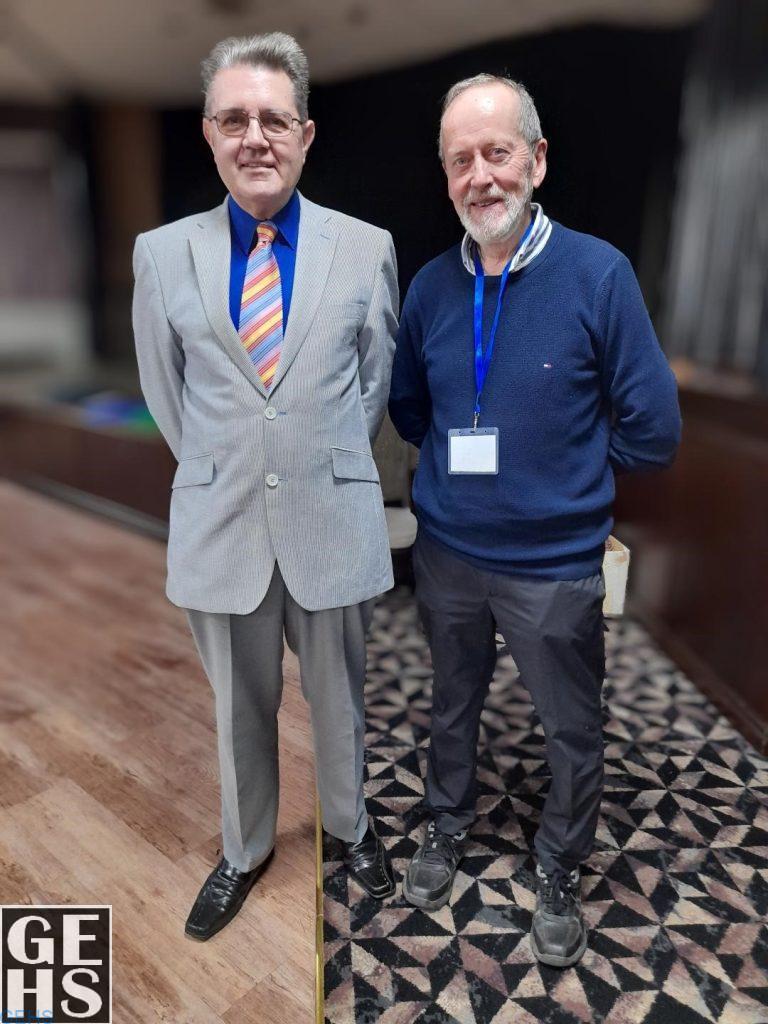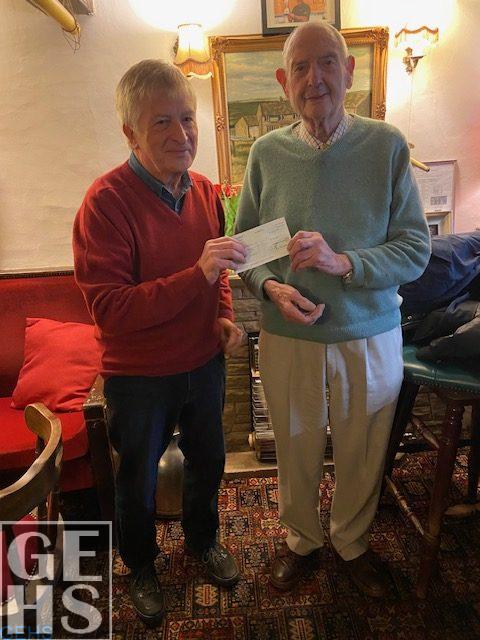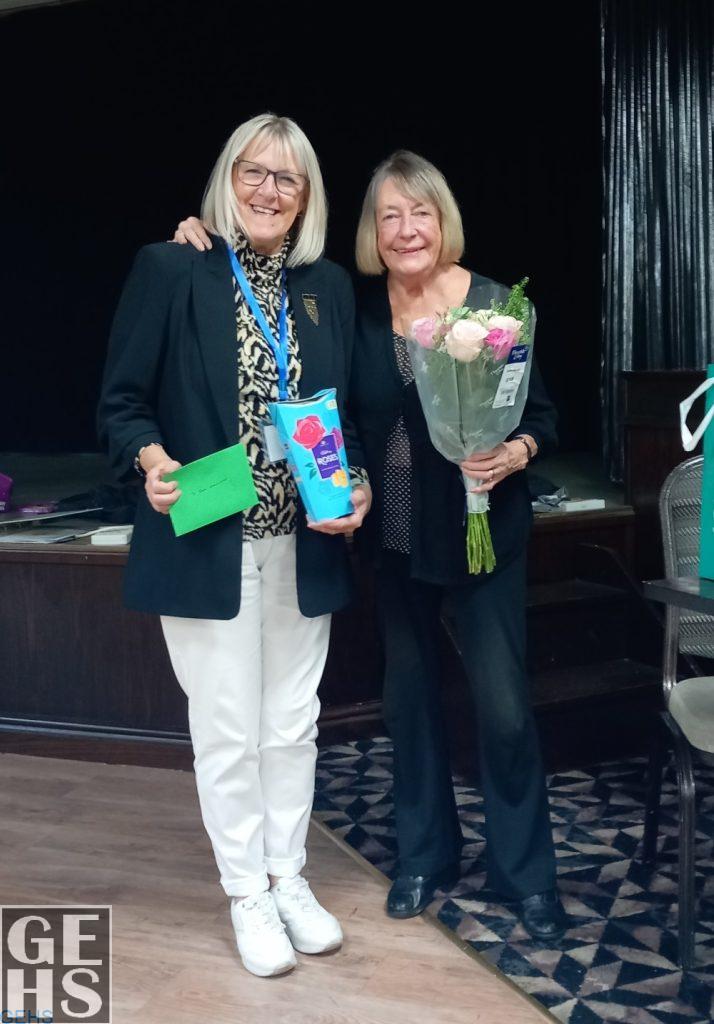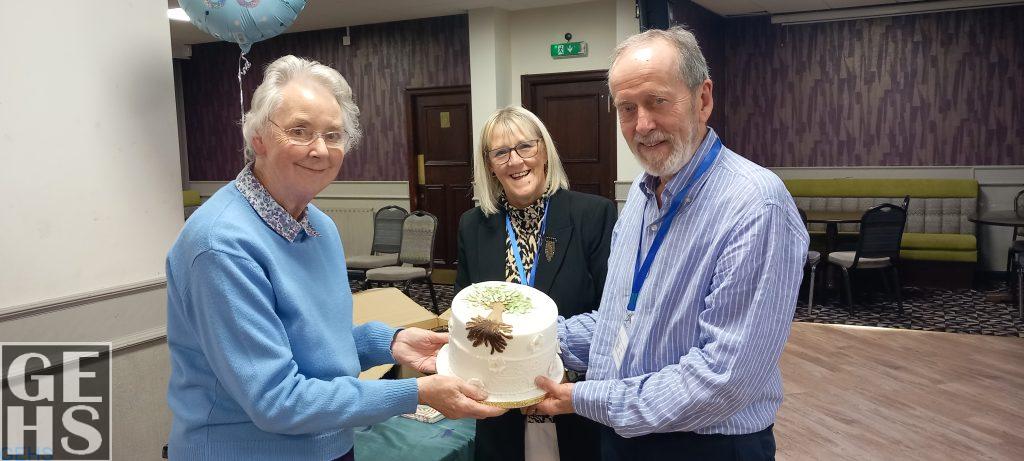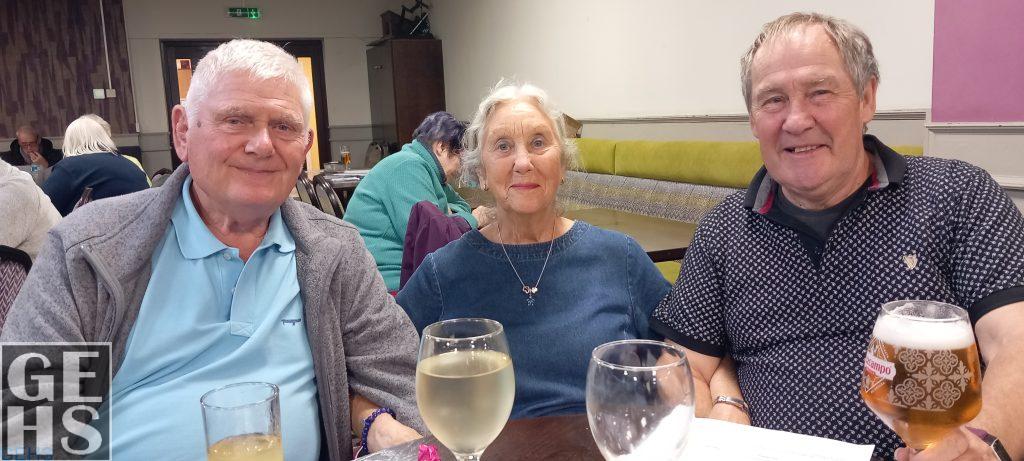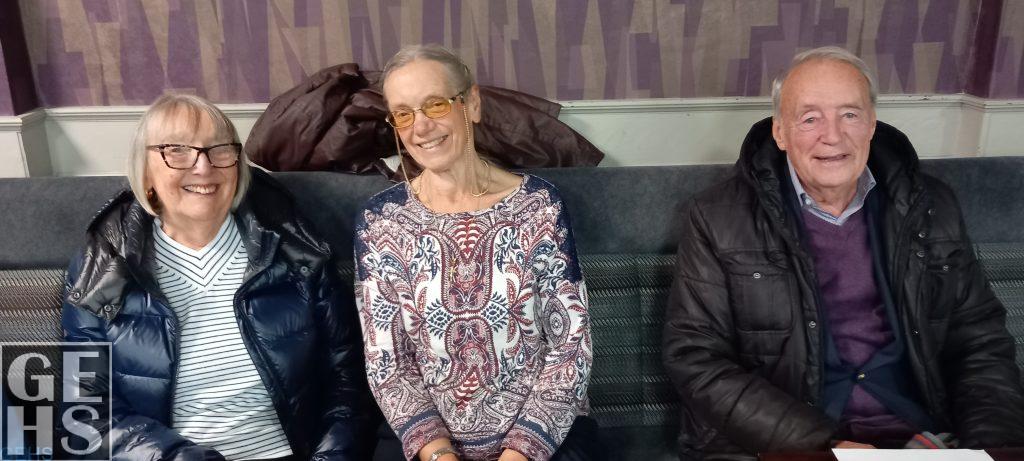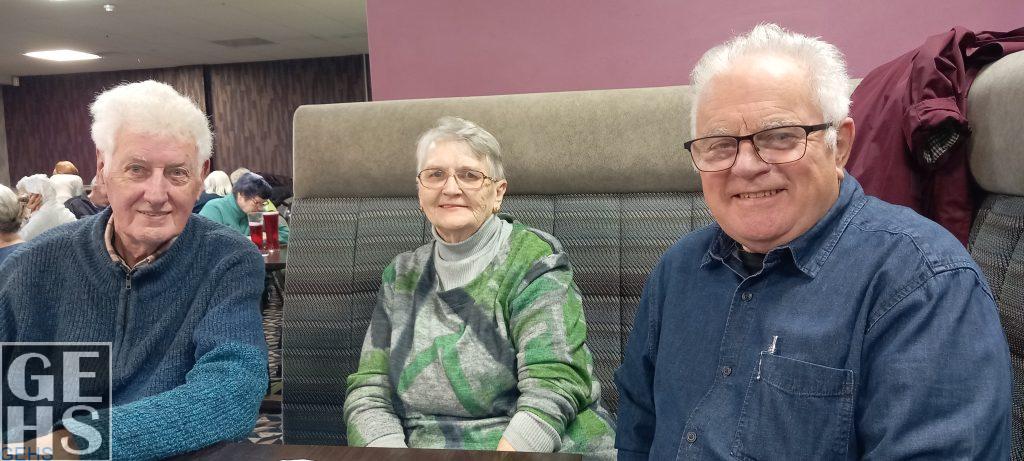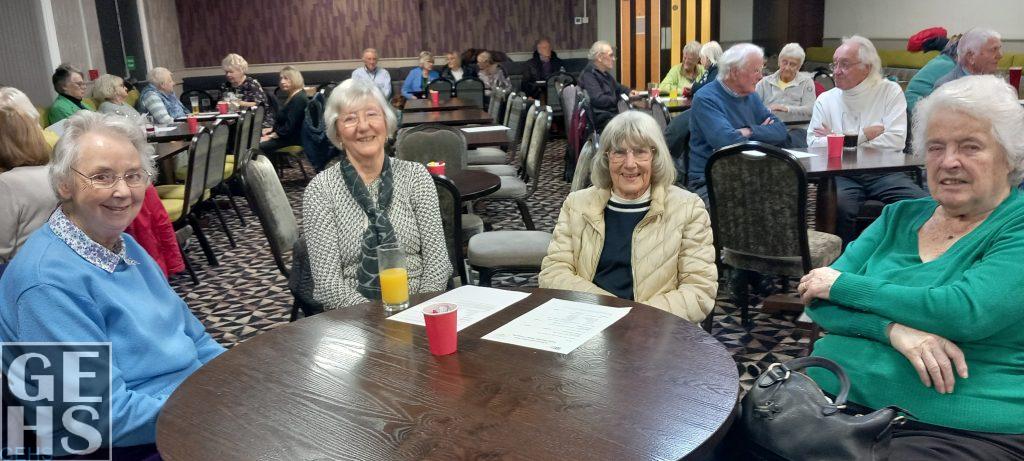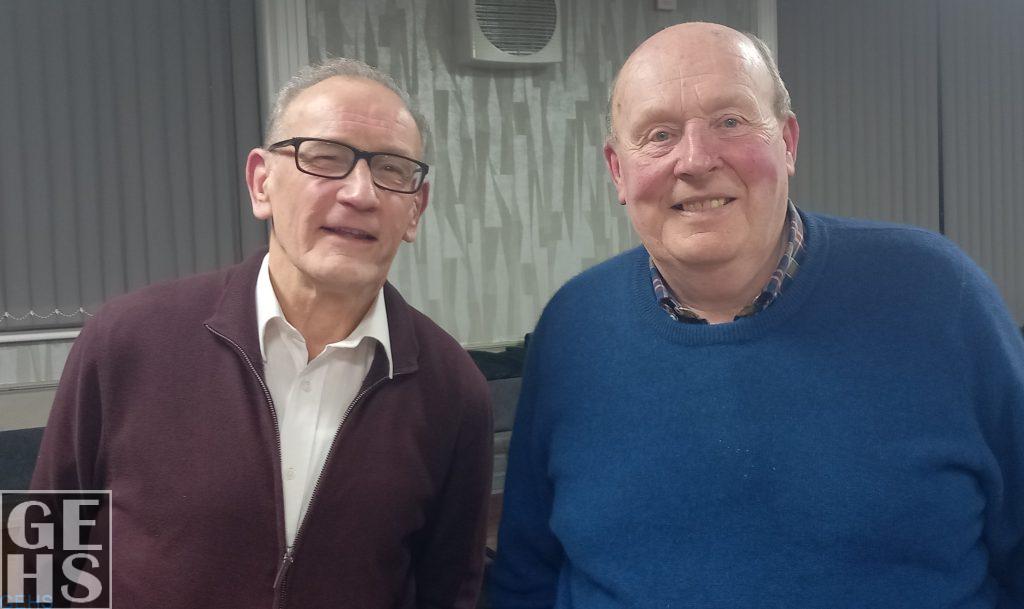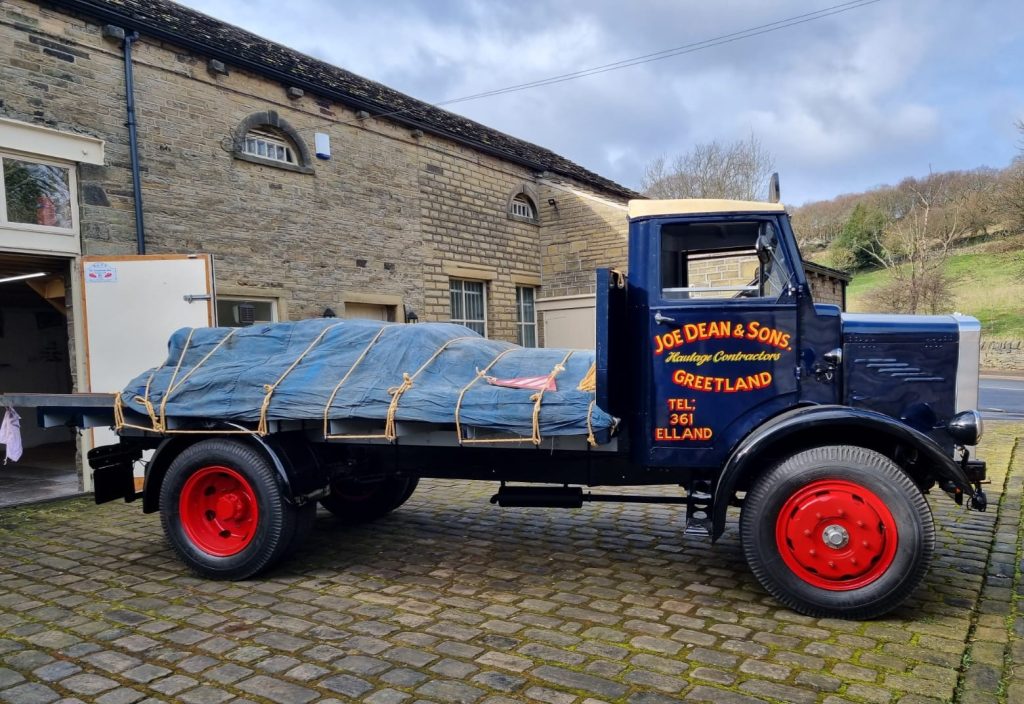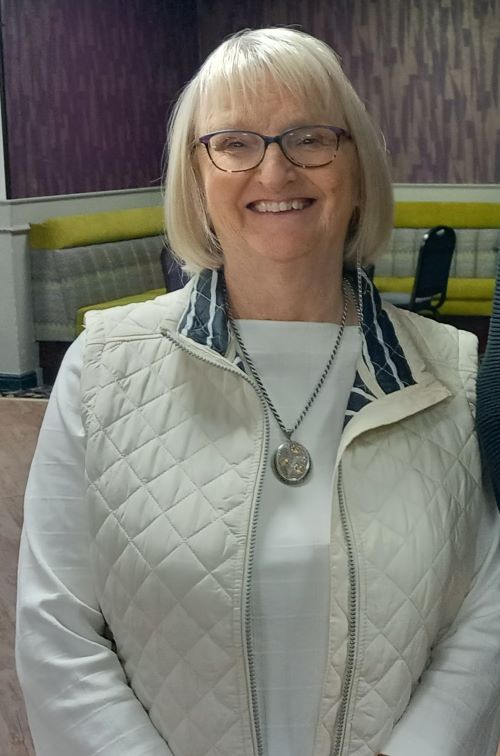Members Meeting 13th November 2024
The Cragg Vale Coiners David Glover
A good turnout saw some sixty guests and members of the society attended the November meeting. The guest speaker, Mr David Glover, the President of the Halifax Antiquarian Society, gave a fascinating illustrated account of the notorious deeds of the Cragg Vale Coiners.
During the 18th Century Mytholmroyd was the home of a counterfeiting gang led by “King” David Hartley, his family, and many local people. At the time coins like guineas and Portuguese moidores were supplied by landlords of inns and pubs were passed on to the gang who clipped or filed gold, melted the shavings, and stamped a new coin in a counterfeit die. Clipped coins weighed less and were smaller than true currency and this led to many complaints from the local people. Action had to be taken.
An Excise Officer, a William Deighton, was sent to tackle the problem. Being a capital offence, coin clipping, was a dangerous activity and with the threat of the gallows helped gain evidence from gang members turned informers. King David of Bell House was arrested and transported to York where he was imprisoned along with other members of the gang. A plan to murder William Deighton with a reward of £100 was hatched by David Hartley’s brother Isaac and found people willing to carry out this deed.
Deighton was shot, murdered, and robbed returning to his home near the centre of Halifax. The murderers escaped and spent the night in the Dusty Miller, Inn, in Mytholmroyd. The murder did not help the coiners. David Hartley was hung and his body returned and buried in the graveyard of Heptonstall Church near the local museum which houses a display of coiner’s equipment. Deighton’s murderers were brought to justice and executed and their corpse’ were hung in chains on Beacon Hill.
Many of the legends, true events and locations of these crimes still can still be seen locally. Numerous books, plays, T.V. programmes and films have been produced over the years. David’s talk of these dark deeds fascinated the audience who showed generous appreciation to round of the evening.
